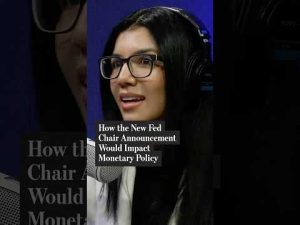Society today is under siege by a mindset that finds even the most basic rules too burdensome. A prime example unfolded recently when an individual named Tanasia Grayer found herself at odds with Spirit Airlines due to her outfit—or lack thereof. This incident raises serious questions about the deterioration of public norms and decency in our modern culture. Once again, it’s about those who view any kind of dress code as an oppressive restraint rather than a reasonable standard that maintains order and respect for others in public spaces.
The scenario involves Tanasia wearing minimal attire, consisting of shorts and a pink robe, trying to board a plane. It’s astonishing when an airline, which isn’t exactly known for stringent policies—let’s face it, it’s Spirit Airlines—takes a stand because of someone’s appearance. This is the same airline where many people would sign away their half-eaten breakfast just to avoid paying for those extra seat inches. However, Spirit Airlines updated its dress code in January 2025, reinforcing the importance of appearance standards. If ever there was a sign that a line was crossed, it’s when Spirit Airlines enforces such a rule.
What’s most irksome here isn’t the airline’s decision, but the public’s reaction—or lack thereof. Instead of accepting the need for a modicum of decorum when crammed into a metal tube hurtling through the sky, some choose to kick up a fuss as if their so-called rights are being trampled upon. In this ‘anything-goes’ era where even self-respect can sometimes seem optional, it’s refreshing, albeit surprising, to see a business remind us that societal norms serve a purpose.
Now, the call to action here should be clear: let’s return to a time when traveling was more than just a mundane experience, but a privilege, a notion that used to be reflected in how people dressed. There was a time in the not-so-distant past when people donned their best attire to fly. Sure, we don’t need tuxedos in economy class, but is a pair of pants so much to ask? Standards have slipped in pursuit of absolute inclusivity, leaving our collective quality of life to pay the price.
Implementing and enforcing dress codes is not about exclusion but rather about fostering a sense of community where individuals show respect for those around them. Businesses might fear that such policies could hit their bottom line. However, they might find, like many customers, that maintaining standards attracts a clientele eager for a more civilized experience. Reviving order and decency doesn’t lower the quality of life; it lifts it up. In the end, excluding disruptive elements isn’t about being unfriendly; it’s about asserting that some standards are not only reasonable but necessary for a functioning society.







